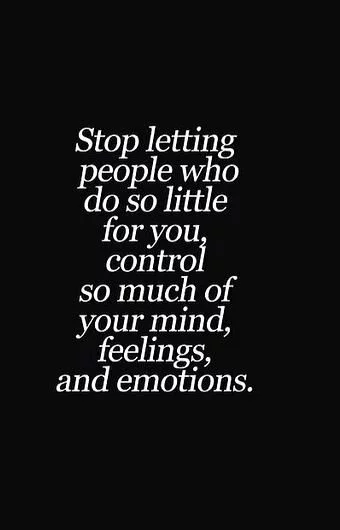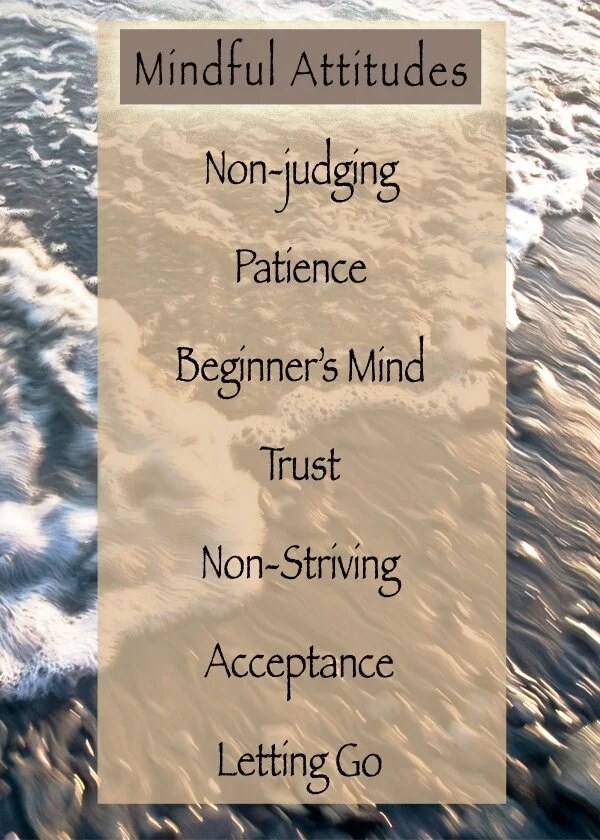A few months ago I was coping with several difficult situations and I had so much going on in a short space of time that it felt a little overwhelming and thus, I suffered with anxiety. The details are irrelevant but at the time I met with a therapist who introduced me to mindfulness meditation.
Now, it definitely didn’t ‘cure’ the anxiety but it provided a coping mechanism to take away any overwhelming feelings to the point I felt in control. Fortunately I knew what my problem was, I acknowledged it and was able to address it. But for some people it could be worth attending a few CBT sessions alongside mindfulness.

Mindfulness is “the intentional, accepting and non-judgmental focus of one’s attention on the emotions, thoughts and sensations occurring in the present moment”, an essential element in the practice of Buddhism. I would describe it as a way to completely focus on the present moment, the here and now. Stripping back to how you physically, emotionally and mentally feel at that particular time.
“Mindfulness is simply being aware of what is happening right now without wishing it were different. Enjoying the pleasant without holding on when it changes (which it will). Being with the unpleasant without fearing it will always be this way (which it won’t).” James Baraz
To put it into context, I started suffering with terrible panic attacks from Summer 2014. My first panic attack was on my last day at my old job and it lasted three hours on and off. It was scary and I was too embarrassed to tell anyone – I just had no idea what to do, so I tried to fight it, which made it worse.
Unfortunately this happened when I went to France for my wedding too but like a lot of people with anxiety, I hid it and only told those closest to me. It drains you and can make you feel physically exhausted from the adrenaline rushing through your body. My initial trigger was trying to help someone that I couldn’t necessarily help. And then it kind of developed from there with associated anxiety from other situations.
You can take a mindfulness course or see a therapist who will take you through the steps. It’s disappointing that therapy is not readily available on the NHS as it can be costly (approximately £50 per session).
For me to do a mindfulness meditation I follow the below steps:
1. I try to do it daily but realistically it is more like a few times a week. If you can do it 5 – 10 minutes in the morning and evening, then fantastic. And if you only use the practice when you start to feel anxious, it will still help.
2. Set aside 15 minutes and sit in a quiet place and sit comfortably in an upright position.
3. Softly focus on a spot in front of you and gradually close your eyes. Focus on your breathing; a deep breath in, hold for a few seconds and a long breath out. For just a moments listen to your breathing. When you exhale see it as a way of letting out all of your anxiety.
4. Be aware of your touch, taste, scent, sight and sound. Feel your arm resting, the physical pressure of your feet on the ground, the smell around you. Notice any distance sounds but don’t react to them, they are simply background noise.
5. If you feel yourself drifting to external thoughts, acknowledge them but go back to the present. Continue to focus on your breathing. Inhale gently, exhale deeply.
6. Now, at this point of personal relaxation I go through a visualisation that my therapist taught me. When you are feeling relaxed and in the present, imagine you are next to a field of wild flowers and you are sitting close to a stream. Within the stream you can see twigs and each twig represents the external thoughts, worries and anxieties you are experiencing. And that is ok. Acknowledge that they are there but don’t dwell on them. Focus on your breathing for a few moments. Watch those twigs drift away from you down the stream. As you breathe out, all those anxieties are drifting further and further away from you. As you walk away from the stream you enter a place where you feel safe and free. This could be a beach, for example. Watch your breath as you imagine the sea coming in and coming out. Meditate for a few moments in this place you feel safe and happy.
Come back to the present. You are likely to feel calm, peaceful and completely relaxed.
There are so many useful guided visualisation meditation videos on You Tube and yoga will also compliment mindfulness.

I probably wouldn’t have written about this a while ago but I’ve learnt that so many people experience anxiety and panic attacks at some point and it is nothing to be ashamed of. My doctor told me that in some way it’s good that I’m now equipped with these coping mechanisms as I can use them in later life!
If you regularly or occasionally suffer with anxiety, try mindfulness meditation. And seek help. IMO it should be taught side-by-side with CBT to be most effective and to really get to the root cause of the problem.
Anxiety is under-reported and under-diagnosed which means millions of people suffer in silence. An estimated 13% of the adult population will experience anxiety at some stage of their life.

Anxiety is a normal response to stress or danger and is often called the ‘flight or fight’ response. As the adrenaline is being pumped around your body very quickly, you can feel physical symptoms. I found that exercise, healthy eating and yoga helped me get through the most dreadful panic attacks. Music is also a great distraction and so uplifting.
It’s a long process that takes dedication and hard work. When you simplify how you live, act, think and behave, you’ll feel content, happier and free of negativity. It’s not all rosy and it’s a work in progress but just being more mindful and living in the present moment can really transform your life.

Luckily I haven’t experienced panic attacks in almost two months. If one did suddenly come on tomorrow, I would no longer be scared or embarrassed. It’s okay and totally normal.
Above all, be patient with yourself. Take the time to focus on you. Stop living in the past, catastrophising things that may never happen and worrying about the future – focus on the present.
Surround yourself with positive people and channel that energy into your life. The quieter you become, the more you can hear.
